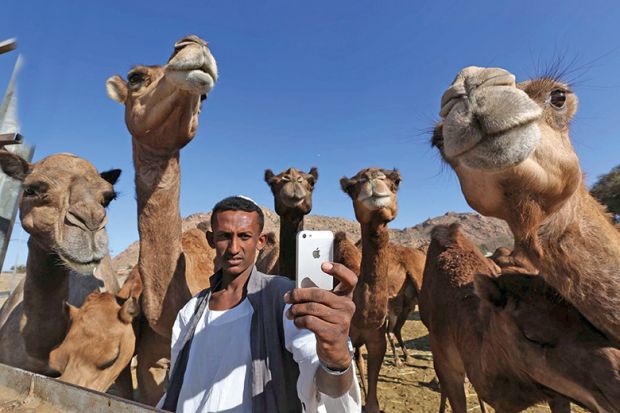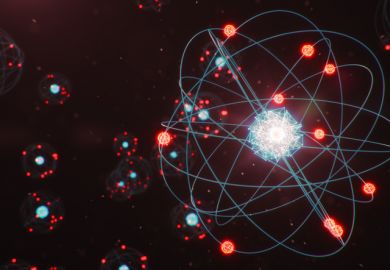Hundreds of researchers have posted on social media pictures of themselves doing their work in a bid to challenge gender and race stereotypes.
The #ScientistsWhoSelfie campaign on Instagram features photos of researchers doing work-related tasks such as helping sea turtles hatch in the Caribbean, studying the geology of Crater Lake in a US national park, and working under protective clothing in a UK nuclear laboratory.
The selfie movement is part of a research project, led by Paige Jarreau, a science communicator at Louisiana State University, that is designed to see whether scientists can challenge the stereotype that researchers are male and white. Many people fear that this image deters women and ethnic minorities from pursuing a career in the field.
The study will also explore whether selfies can be used to promote public trust in science, at a time when it is being challenged by the rise of populist politicians.
Dr Jarreau said that she has been “very surprised” by the response from researchers since the project started earlier this month. “I had no idea that the #ScientistsWhoSelfie movement would catch on so quickly,” she said.
More than 4,250 posts on Twitter and Instagram have mentioned the hashtag, and more than 270 scientist selfies have now been posted on Instagram with the hashtag, she added.
The research project will look at whether scientists should personalise their Instagram feeds with photos of themselves or keep them purely professional by using images of their work only. It also seeks to understand whether people’s perceptions of scientists change because of their gender and skin colour.
Dr Jarreau and her team will use real photos of scientists to look at whether “humanised” posts influence perceptions of competence and warmth.
The project is being crowdfunded on the Experiment platform after a bid for funding from the US National Academy of Science failed, and it has exceeded its $10,000 (£7,800) target with donations from 114 backers so far.
Dr Jarreau added that it makes “total sense” that the project has been popular because “everyone loves to take selfies”.
“Scientists, especially younger scientists, are so eager right now to take science communication into their own hands, and to do so they need to build trust in scientists as communicators and change stereotypes about who a scientist is, what a scientist looks like, [and] how much a scientist should be or normally is involved in public life,” she said.
The team hope to create an evidence-based guide about how scientists can best present themselves on Instagram as a result of the experiments.
Dr Jarreau said that for many scientists, using Instagram could be too time-consuming and not worth their time. But younger scientists could use the site to build a peer network and join online communities to get a sense of belonging and receive support.
“Established scientists may use Instagram to show younger people what it really looks like to be a volcanologist, for example, and inspire others to pursue what are often hidden or relatively invisible career paths in science,” she added.



